
The region now has the highest number of confirmed cases in the country.
The Dublin Midlands Region has the highest number of confirmed measles cases in the country.
The latest report from the Health Protection Surveillance Centre has found the number of cases in the region has climbed by three, bringing the total to ten.
There's been an additional seven confirmed cases in the region since a Public Health Alert warned those who attended Regional Hospital Portlaoise on a number of days last month, they may have come into contact with the virus.
There are 30 confirmed cases of measles in Ireland, with a further 20 under investigation, and five outbreaks, all of which are in private houses.
The Public Health Alert affects those attended the ED on Friday, April 26th between 1pm and 6pm, and between Sunday, April 28th, at 2.40pm and 6pm on Monday, April 29th.
The HSE has the following advice for those who may have been impacted:
1. Be aware of signs and symptoms of measles for 21 days from the time of possible exposure. These include:
· Cold-like symptoms such as a runny nose, sneezing and a cough
· Sore red eyes
· A temperature of 38 degrees Celsius or above
Followed by:
· Rash, which usually appears on the head and neck first and spreads to the rest of the body
If you develop these symptoms, please isolate yourself from others and seek medical advice.
Phone ahead before attending any healthcare setting to let them know that you have these symptoms, so they can make necessary arrangements to prevent potential further spread to others.
2. MMR Vaccine
If you are not vaccinated against measles with two doses of MMR, please contact your GP during normal working hours to discuss whether you require vaccination. If you were born in Ireland before 1978 or had measles, you are unlikely to require vaccination, as you are probably immune.
The best way to protect yourself and those around you against measles is by MMR vaccination. Please make sure that you and your family are up to date with MMR vaccines. This can be arranged with your GP.
Children should receive their first dose of MMR vaccine at one year of age and a second dose in junior infants at 4-5 years of age.
For those who may have missed their vaccination when younger, there is a free catch-up MMR option available from participating GPs.


 Local Authority Looking At Double Bypass For Laois Town
Local Authority Looking At Double Bypass For Laois Town
 HSS Hire Owner Underlines Future Security Following Multi-Million Euro Sale
HSS Hire Owner Underlines Future Security Following Multi-Million Euro Sale
 Offaly's Finest Will Be Celebrated This Weekend
Offaly's Finest Will Be Celebrated This Weekend
 Athlone Castle Gets €1.8m In Funding
Athlone Castle Gets €1.8m In Funding
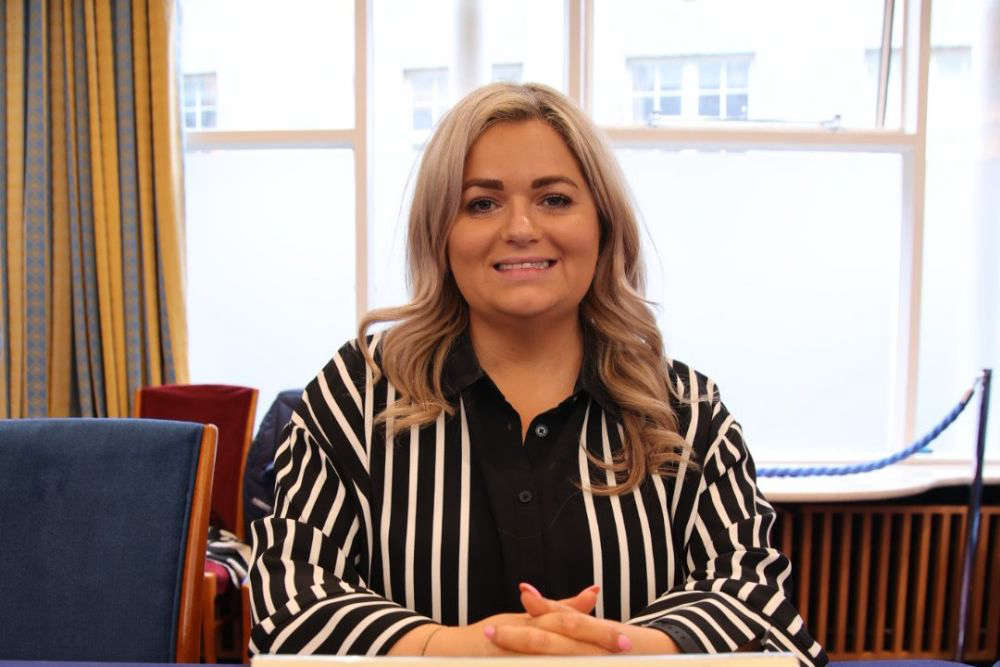 Laois Senator Holding Endometriosis Awareness Event
Laois Senator Holding Endometriosis Awareness Event
 Mother Of Stillborn Baby Campaigning To Encourage Women To Advocate For Their Own Bodies
Mother Of Stillborn Baby Campaigning To Encourage Women To Advocate For Their Own Bodies
 Electric Picnic Introduce Campsite Pre-Booking Options
Electric Picnic Introduce Campsite Pre-Booking Options
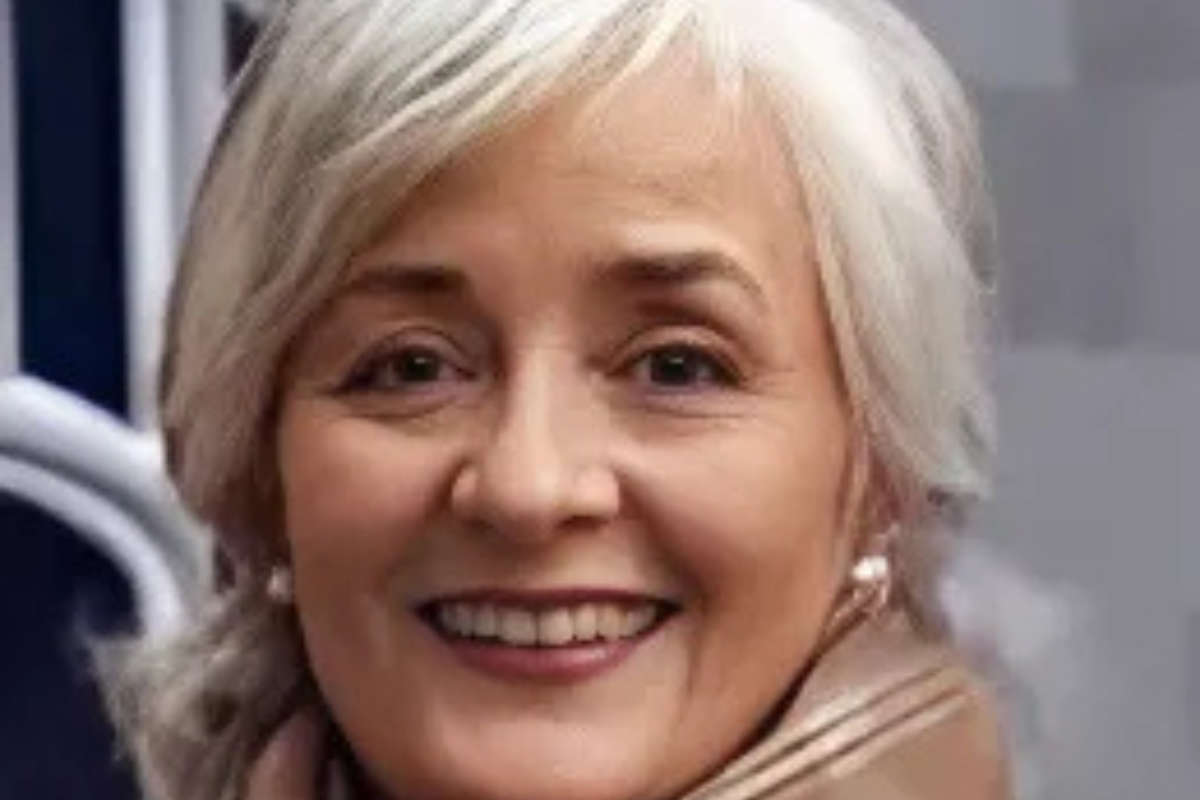 Funeral Of Westmeath Woman Who Died Following Cork Crash Taking Place Today
Funeral Of Westmeath Woman Who Died Following Cork Crash Taking Place Today
 Rare And Antique Books Headline Offaly Bookfair
Rare And Antique Books Headline Offaly Bookfair
 Westmeath Town Lined Up For Substantial Water Network Upgrade
Westmeath Town Lined Up For Substantial Water Network Upgrade
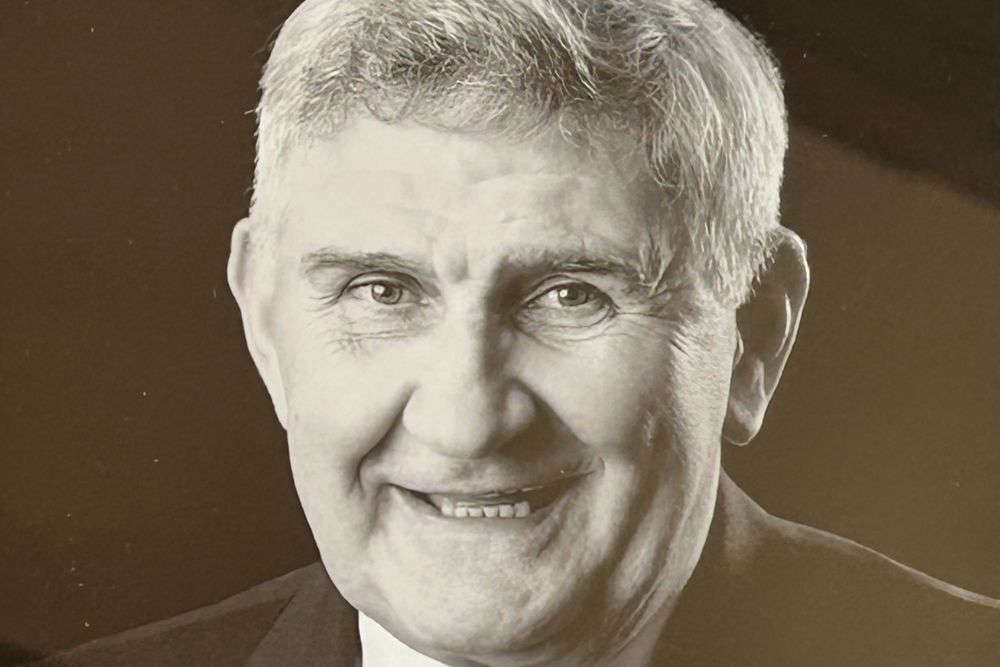 Funeral Of Former Laois GAA Manager Mick O'Dwyer To Take Place Tomorrow
Funeral Of Former Laois GAA Manager Mick O'Dwyer To Take Place Tomorrow
 LOETB Recognised In National Excellence Awards
LOETB Recognised In National Excellence Awards
 Laois TD Proposes Regulations For Wind Farm Developments
Laois TD Proposes Regulations For Wind Farm Developments
 Mental Health Charity Wants Social Media Giants Support For New Catfishing Law
Mental Health Charity Wants Social Media Giants Support For New Catfishing Law
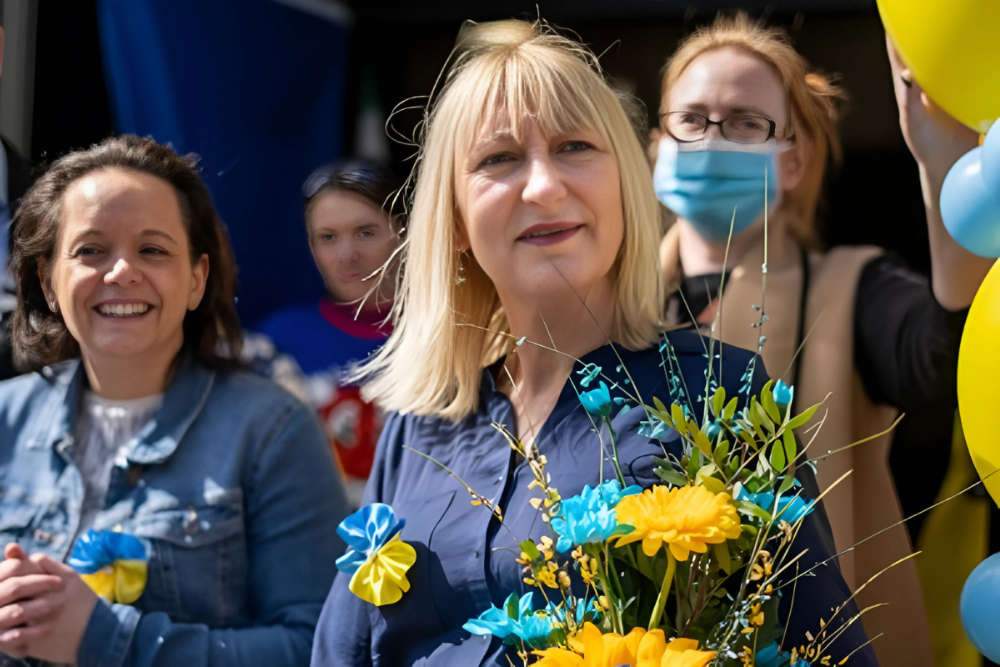 Laois Integration Network Set To Appoint New Chair
Laois Integration Network Set To Appoint New Chair
 Laois Still Waiting On Joint Policing Commission Replacement
Laois Still Waiting On Joint Policing Commission Replacement
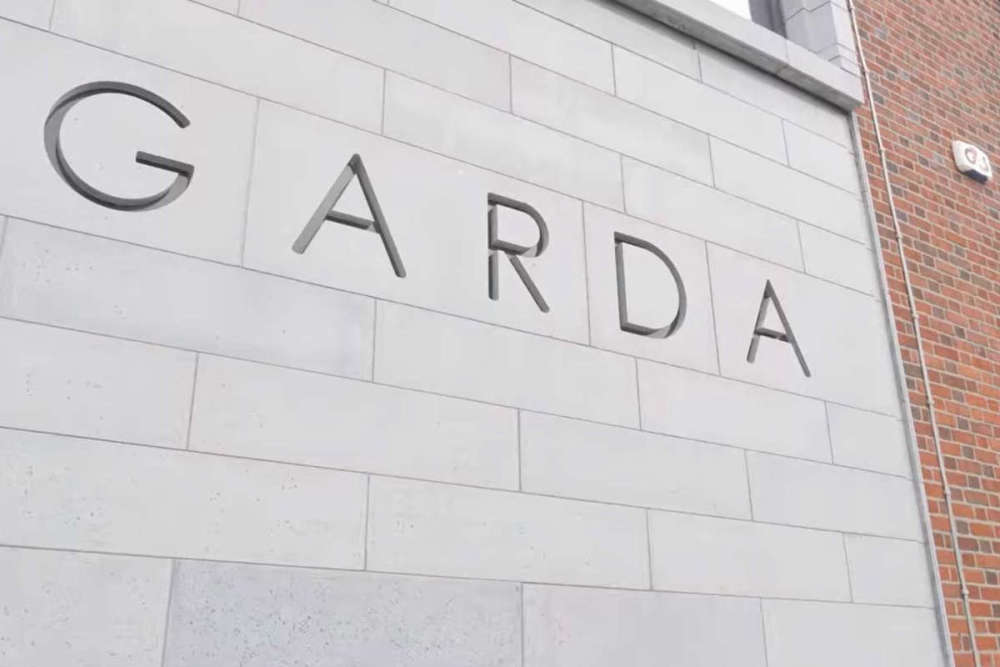 Man Charged Over Westmeath Assaults
Man Charged Over Westmeath Assaults
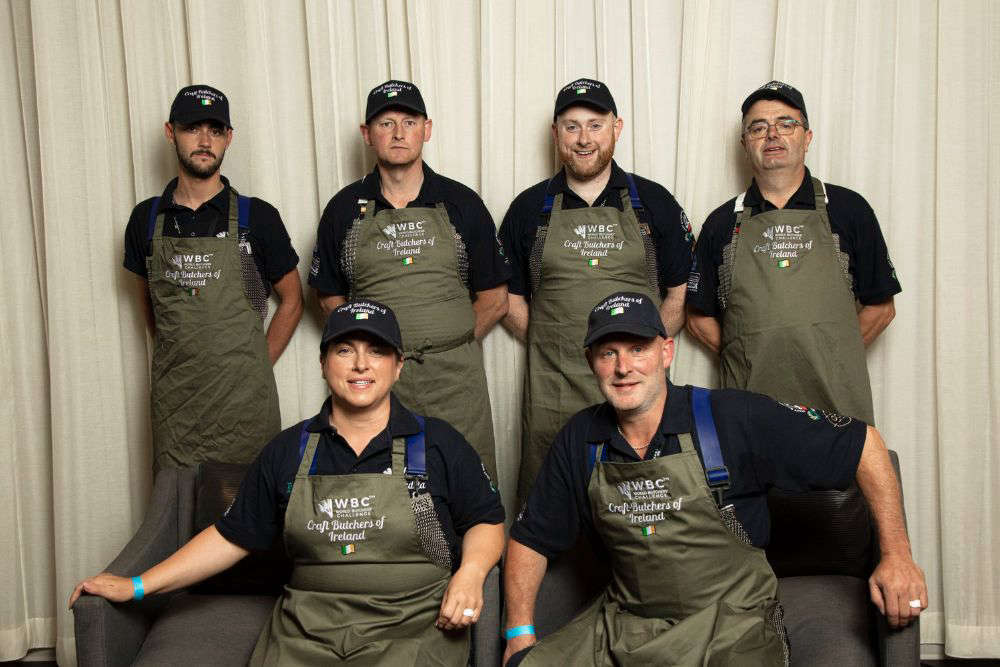 Laois Butcher Takes Home Best Chicken Prize At 'Butchers Olympics'
Laois Butcher Takes Home Best Chicken Prize At 'Butchers Olympics'
 Court Hears Dublin Man Accused Westmeath Councillor Of Being Antifa Operative
Court Hears Dublin Man Accused Westmeath Councillor Of Being Antifa Operative
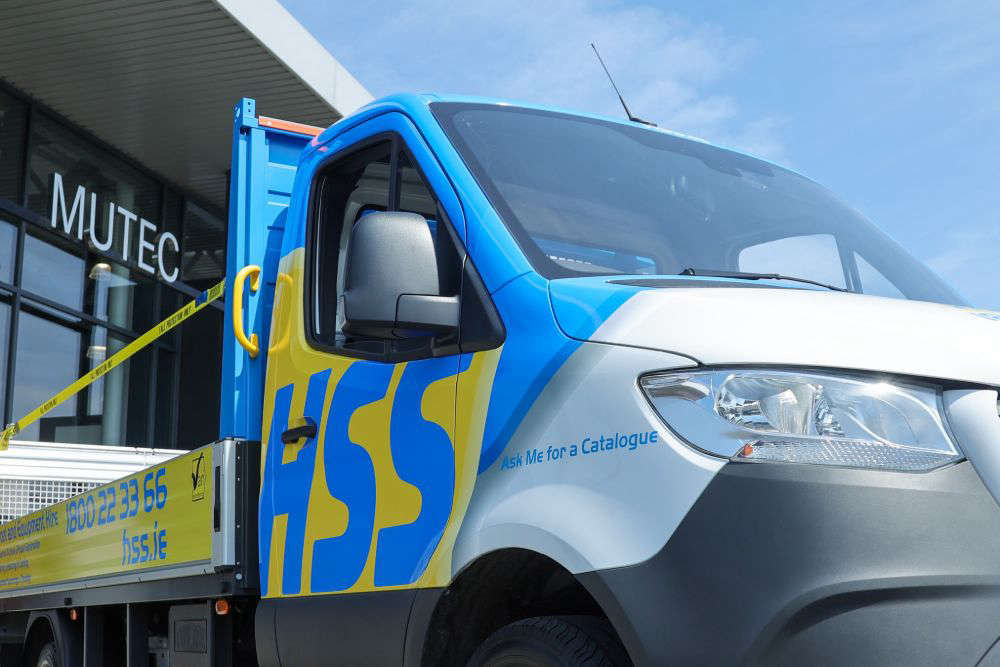 Laois Man Sells Plant & Tool Hire Company For €31m
Laois Man Sells Plant & Tool Hire Company For €31m